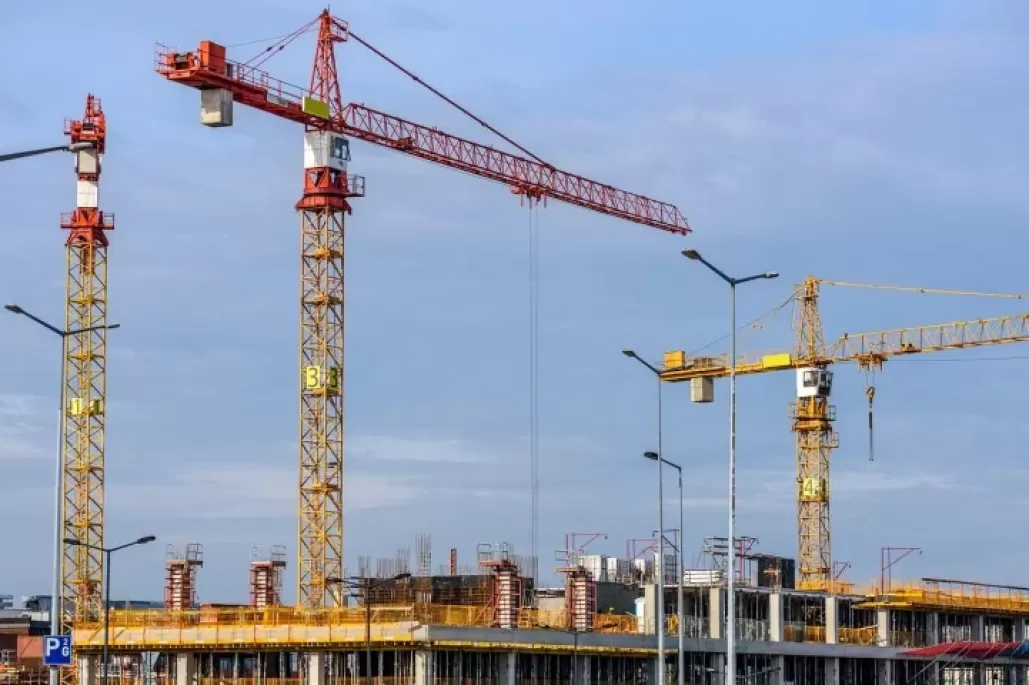The construction industry, which encompasses real estate, infrastructure, and industrial structures, is the largest industry in the global economy, accounting for 13 percent of the world’s GDP. However, the pandemic has been the biggest disruption reshaping the global economy, and no industry is immune to its impact, including the EPC (Engineering, Procurement, and Construction) ecosystem.
McKinsey has predicted that the future of construction will see nine shifts that will radically change the way projects are delivered. This includes productization and specialization, increased value-chain control, and greater customer-centricity and branding. The way ahead for EPC in this context would be digitalization and transformation of the value chain.
One of the key drivers of this transformation is technology.
The single biggest differentiator for an EPC firm is the quality of its work, and technology can help improve that quality in many ways.
Value-added EPC: Technology for High-Quality Work
Let’s say an EPC team is executing a rail project. Its ability to impact final costs will require assessments like how many trains will be used, how much buffer capacity is needed, or how much redundancy needs to be built into critical components can lock in the design and execution. Technology can give EPC firms and owners a more rigorous and data-driven approach to simulate the results of alternative design scenarios to evaluate the likelihood of different outcomes and to quickly enable decisions that will improve cost, uptime, and return on investment (ROI) metrics.
Furthermore, technology can help EPC firms bring together theoretical models with actual operating data to troubleshoot , optimize feed rates, refine maintenance intervals, and avoid unanticipated conditions and events. This shift from documents to data will boost productivity by avoiding rework, re-entry of data, errors, omissions, and time and effort required to keep up with the inevitable changes, while enabling faster turnaround times on bids, design options, and project deliverables.
Talented and highly trained engineers are spending too much time on mundane tasks, such as looking for information in multiple places, working from outdated information, and manually entering data into multiple systems, only to have to re-enter the data when something changes. Technology will empower employees with more intelligent solutions that automate mundane and error-prone processes and provide actionable insights and guidance.
When an owner is evaluating the feasibility of a potential project, the focus is on developing a sound economic assessment, albeit based on limited engineering data. With technology, EPC firms can leverage estimating systems that are connected to engineering systems throughout the project so that the estimate keeps pace with design progress and any changes in scope.
Team leaders will incorporate better cost- and risk-based decision-making into their operations earlier in the process. Project controls systems will be fed directly from the estimating system, and estimating systems will get “smarter” by using actual project data.
A tremendous amount of collaboration occurs on a typical project between technology licensors, EPC firms, engineers from many disciplines, estimators, project managers, owners, subcontractors, consultants, and regulators. Technology will help teams break down silos across the value chain to accelerate the velocity of their business.
Technology will have made inroads toward addressing and automating many of these pain points, but technology alone will not solve these challenges. If not accompanied by changes in policy and mindset, initiatives aimed at improvements will fail.
The winds of change are blowing in the EPC industry. If there is one thing of which we can be certain, it is that the pace of change will only accelerate in the years to come.
Technology can play a major role in unlocking the full potential of the EPC industry and shaping its future. By embracing digital transformation and implementing innovative technologies, EPC firms can stay ahead of the competition, deliver high-quality projects on time and within budget, and create a more sustainable future for generations to come.
A member of the renowned Agni Group, Chennai, Vishnusurya Projects and Infra Limited is a leading Indian construction and infrastructure company specializing in EPC Projects delivered across all key sectors such as transportation, rail, resource, and institutional development .The Company also has a strong presence in mining and implementation of transformational civil and commercial turnkey projects.
Vishnusurya has been independently assessed by QRO and is compliant with the requirements of ISO 9001:2015 for Quality Management Systems.
The Company holds a Class - I Permit from Chennai Corporation, Tamil Nadu, India for all civil works contracts.
Vishnusurya is headquartered in Chennai, Tamil Nadu, India.Vishnusurya is headquartered in Chennai, TamilNadu, India.
